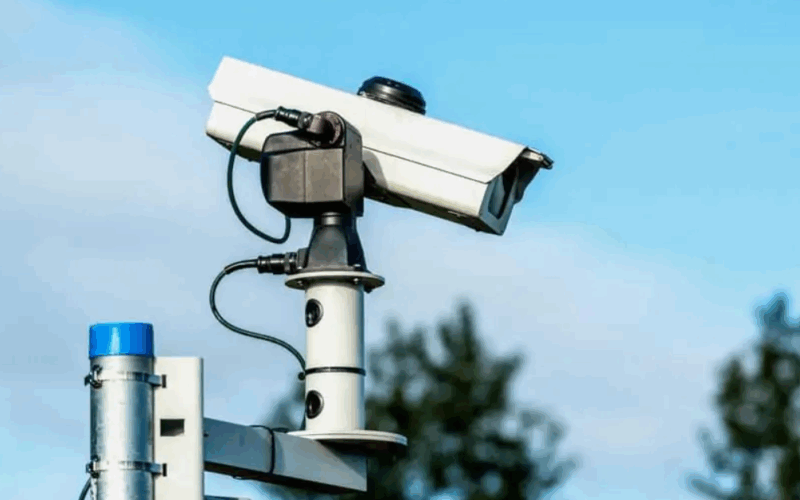Port St. Lucie, FL – A growing number of license plate readers (LPR) are being installed on roads across various counties, raising questions about their effectiveness in crime-fighting and concerns over individual privacy. These black poles with cameras silently capture license plate numbers, helping law enforcement agencies track and apprehend suspects without drivers even realizing they are being scanned.
While law enforcement officials hail LPRs as invaluable investigative tools, some residents and civil rights organizations worry about the potential misuse of this technology and lack of transparency around the number of cameras in operation.
How License Plate Readers Support Law Enforcement Efforts
Law enforcement agencies argue that LPRs provide an extra layer of surveillance that adds to public safety. In Indian River County, Florida, officials operate approximately 140 license plate readers which feed real-time information to their crime center.
Sheriff Eric Flowers shared how the technology is efficiently used to reduce crime and catch suspects. Auto burglaries, once a leading crime in the county, have dropped out of the top 10 offenses in 2024, a change Flowers attributes in part to LPR technology. The cameras enable rapid tracking of vehicles involved in crimes, helping law enforcement make timely stops combined with other investigative work.
“We’re using it for putting bad guys in jail, and our stats prove that,” Sheriff Flowers said. “Could somebody use it in a bad way? No doubt. There is absolutely potential for abuse, but you just have to know that our team here at the sheriff’s office is using it for the things we tell you we are using it for.”
Community Awareness and Varied Responses
Port St. Lucie resident Keith Ferrera noticed one of these black poles with cameras across from his home on Westmoreland Boulevard. He expressed support for the use of LPR technology, recognizing its value in aiding police departments.
“I’m all for whatever tools the police department needs,” Ferrera said. “There’s cameras everywhere today, you’ve got to expect to be on camera.”
However, when attempting to obtain information on how many LPR cameras are deployed, WPTV found that agencies in St. Lucie and Martin counties did not disclose the number of cameras in use, raising concerns about transparency.
Observations by WPTV revealed that just within a mile stretch of St. Lucie West Boulevard, there were at least four cameras actively recording license plates.
Privacy Concerns and Calls for Transparency
The American Civil Liberties Union (ACLU) has voiced significant concerns about the expansion of surveillance tools like LPRs. The organization advocates that law enforcement agencies must maintain transparency regarding their use of this technology and strictly enforce policies for routine deletion of collected data to safeguard privacy rights.
Experts warn about potential misuse and abuse of these devices, even as counties like Indian River affirm responsible usage.
The Broader Implications of License Plate Reader Technology
The increasing deployment of LPRs represents a crucial development in policing, blending technology with law enforcement strategy. Counties using these systems report measurable reductions in certain crimes, underscoring their effectiveness.
At the same time, the lack of uniform public disclosure and clear oversight frameworks fuels ongoing debate about the balance between public safety and individual privacy.
- Indian River County operates 140 LPR cameras linked to a real-time crime center.
- Auto burglaries in Indian River County have dropped out of the top 10 crimes in 2024.
- St. Lucie and Martin counties have not disclosed exact numbers of active LPR cameras.
- License plate readers scan vehicle tags without driver knowledge.
- Community members show varied opinions, from supportive to concerned about privacy.
- The ACLU urges transparency and data deletion policies to protect citizens’ rights.
For a detailed look into how LPR technology is impacting law enforcement and privacy debates, visit the original report on newsbreak.com.
What Do You Think About License Plate Readers?
As LPR technology becomes more widespread, weighing the benefits of enhanced crime-fighting against concerns about surveillance and privacy is critical. What do you think about this technology? Have you noticed license plate readers in your area? Share your thoughts in the comments below!




